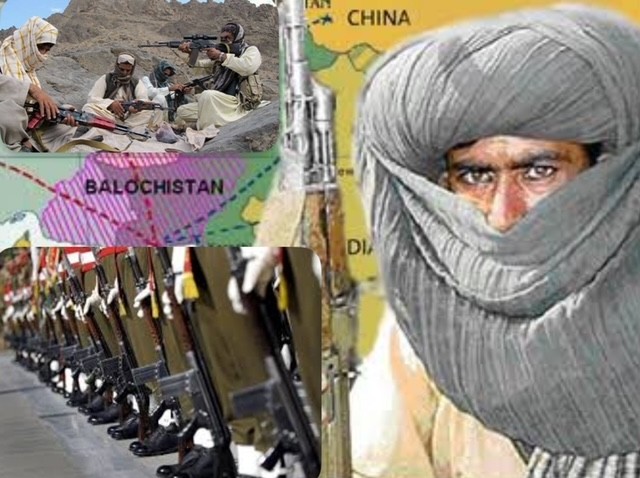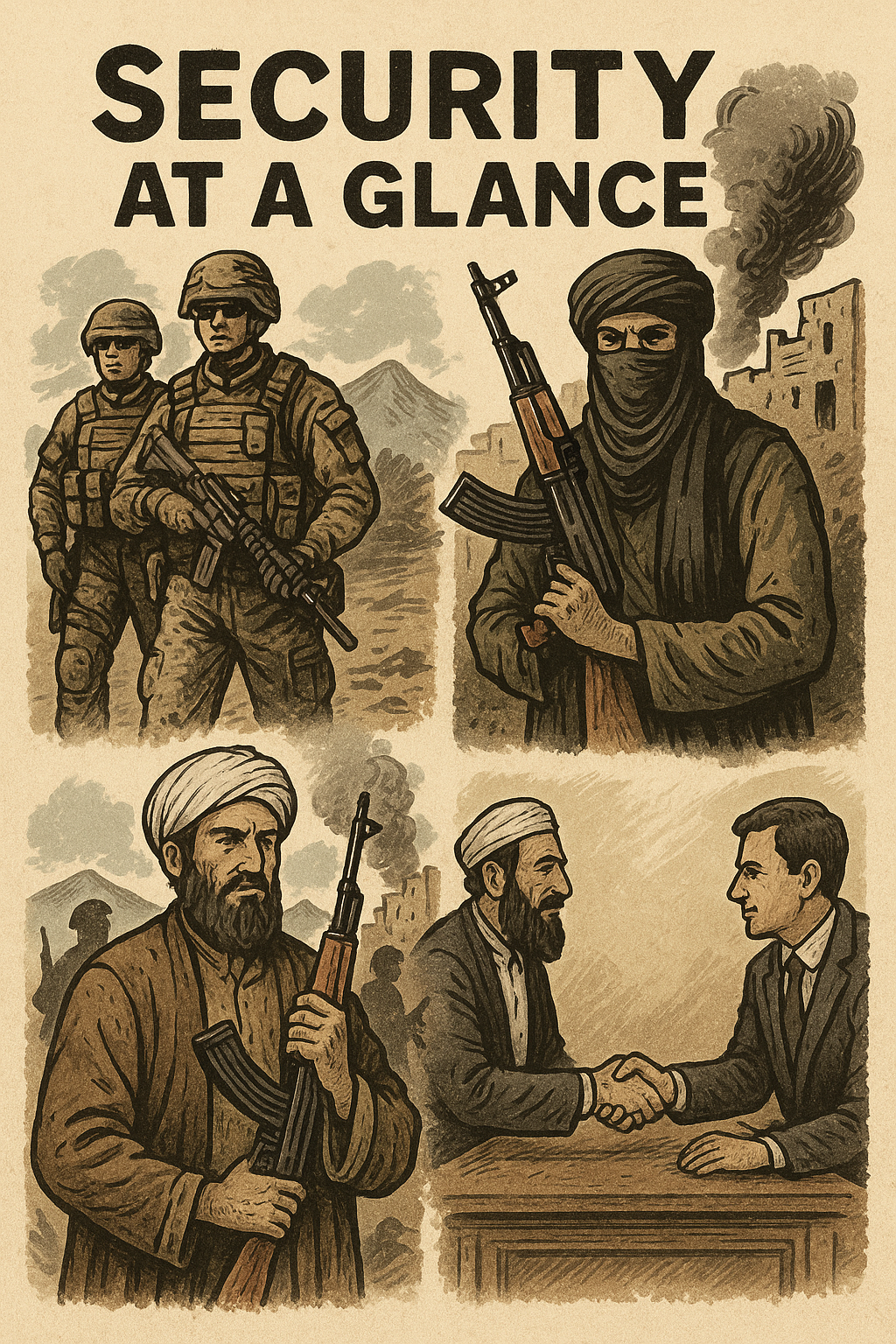Khurram Khan

Balochistan the largest area-wise province is not new to armed insurgencies with the avid objective to cede from Pakistan. The current low intensity insurgency began in 2006 and it is still thriving after nearly eighteen years. The insurgency that has been going on as terrorist activity had initially remained confined to target killings; improvised explosives devices (IEDs) of low intensity detonated either through time device or remote control; and sniper firing on to the moving convoys of security forces in the hilly terrain of Baloch dominated areas.
The tactics of separatists went to next level with suicide and Fedayeen missions that coincided with the arrival of Chinese investments and development projects particularly in the Gwadar seaport. Baloch insurgents extended reach by carrying out terrorist attacks outside their area like targeted attacks against Chinese nationals and personnel of security forces in Karachi. The recent attack against Japanese workers in Karachi point to the handiwork of the Baloch terrorists though mistaking their victims as Chinese. They had also exhibited their reach by carrying out terrorist attacks in Lahore as recently as in 2022. Though they had carried out similar attacks earlier too.
Baloch terrorists are believed to receive material assistance from the enemies of Pakistan. Indian complicity assisting and instigating Baloch terrorist organisations has been aired officially by Pakistan at international forums. Other regional and global powers are also believed to have prompted these elements. The leadership of these terrorist organisations are accommodated in the European and Middle Eastern countries that casts a suspicion on the intentions of regional and global powers.
The strategy of the state to quell militancy permanently has been largely at variance with the tested concepts to deal with insurgencies. Rand Corporation research on Counter Insurgency (COIN) covering 71 insurgencies from 1944 to 2010 found least support for crush option out of 24 COIN concepts. Amnesty and reward, compensation, democracy, resettlement, giving a local face and cultural awareness came out with minimal support. The research assessed that strong support was reserved for development, pacification, legitimacy of government, legitimacy of use of force, reform, unity of effort (coordination), cost-benefit (drying up resources of insurgents), border control, initiative, strategic communication (effective and honest messaging), Clear, Hold and Build, “Beat Cop” or Patrolling, “Boots on the ground” or presence of security forces in the affected area(s), Commitment and Motivation, Tangible support reduction, and Criticality of Intelligence.
The research was primarily done for the USA in her endeavours to assist COIN efforts in countries like Afghanistan and Iraq. Nevertheless, the study holds good for indigenous COIN campaigns too. Tangible Support Reduction, Commitment & Motivation, and Flexibility and Adaptability were present in all successful different COIN concept combinations.
The study further identified fifteen good COIN practices and eleven bad Coin practices. The matrix where good COIN practices outweigh bad CION practices were considered central to the success. The population centric and enemy centric approach to deal with insurgencies has been distinguished though in reality the mix of these methods yield the desired results. The population centric approach to winning hearts and minds is time-consuming but rewarding in the long run. Development is the core aspect of this approach.
Scarce resources have limited the capacity of the Pakistani state to initiate development work in the affected areas. Even construction of small and medium dams to tap water in the water scarce landscape had to be put on hold for want of resources. The state has invited foreign investment to overcome its resource constraints. However, the state did not consult the population of these areas to prioritise this aid resulting in a protest movement like Haq Do Tehreek. Exclusion of the population for whom the development is supposed to be initiated fueled more anger against the state.
Quality instead of quantity of COIN forces is needed for a successful campaign. It requires robust coordination among different COIN agencies like Police, Military, Paramilitary, Levis, Intelligence agencies not to forget local administration. Effort should be to reduce tangible support to the terrorists. The revised National Action Plan called for dialogue with the disgruntled Baloch elements.
It is imperative that the state restore its credibility before initiating dialogue. It could not have been done better than initiating fair investigation into the allegations of rape of a lady doctor at a facility in Sui by an Army officer that had triggered the trouble in 2006. Enemies would take advantage of the situation arising from hackneyed policies of the state. Pointing fingers at external actors would not restore reliability of the state. The state must do introspection too.
The author is a former Joint Director General, Intelligence Bureau.



